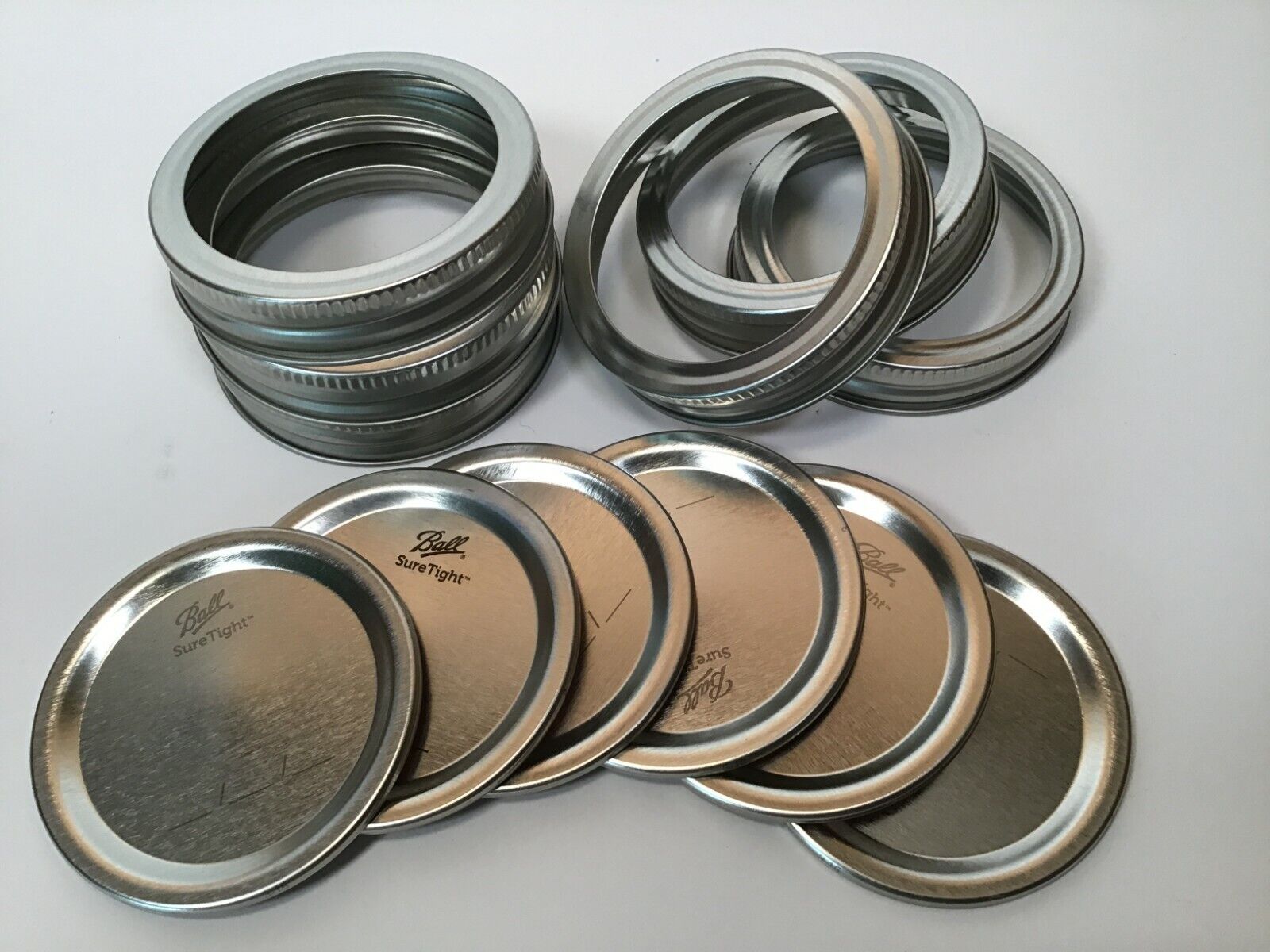

Articles
How To Store Mason Jar Lids
Modified: January 18, 2024
Learn how to properly store your mason jar lids in this informative articles. Keep your lids organized and in great condition for all your canning and storage needs.
(Many of the links in this article redirect to a specific reviewed product. Your purchase of these products through affiliate links helps to generate commission for Storables.com, at no extra cost. Learn more)
Introduction
In the world of preserving and canning, mason jars are essential tools. They provide an airtight seal that prevents spoilage and keeps your food fresh. However, what many people overlook is the importance of properly storing mason jar lids. Storing them correctly will extend their lifespan, maintain their quality, and ensure that you can continue to enjoy the benefits of preserved foods for months or even years to come.
In this article, we will explore the best practices for storing mason jar lids to maximize their longevity and maintain their effectiveness. We’ll discuss the materials needed for proper storage, provide a step-by-step guide on how to store them, share tips for maintaining lid quality, and highlight common mistakes to avoid. By following these guidelines, you’ll be well-equipped to store your mason jar lids effectively and ensure that your preserved goodies stay fresh for as long as possible.
Key Takeaways:
- Properly storing mason jar lids is crucial for maintaining seal integrity, preventing rust, and saving money. Follow the step-by-step guide and tips to ensure your preserved foods stay fresh for longer.
- Avoid common mistakes like storing lids in humid environments, neglecting to label containers, and exposing lids to strong odors or sunlight to prolong the life of your mason jar lids and enjoy well-preserved foods.
Read more: How To Store Mason Jars
Why Proper Storage is Important
Properly storing your mason jar lids is crucial for several reasons. First and foremost, it helps to maintain the integrity of the lid’s seal. Mason jar lids are designed to create an airtight barrier that prevents the entry of air, moisture, and bacteria, thus preserving the quality and freshness of the food inside. If the lids are not stored correctly, they can become damaged, compromising their ability to form a tight seal.
Secondly, storing mason jar lids properly helps to prevent rusting. Lids that are exposed to humidity or moisture may start to develop rust, which can lead to deterioration and contamination of the preserved food. By storing the lids in a dry and controlled environment, you can significantly reduce the risk of rust and extend their lifespan.
Additionally, proper storage of mason jar lids helps to keep them organized and easily accessible. When lids are stored haphazardly or piled up together, it can be difficult to find the right size or type when you need it. This can result in frustration and time wasted searching for the right lid. By implementing a proper storage system, you can keep your lids neatly organized and readily available for future use.
Lastly, storing mason jar lids correctly will save you money in the long run. When lids are damaged or rusted, they cannot be used safely for canning or preserving. This means that you will have to purchase new lids, which can add up to significant expenses over time. By following proper storage practices, you can protect your lids from damage and ensure that they remain in excellent condition for multiple uses.
In summary, proper storage of mason jar lids is important because it maintains the seal integrity, prevents rusting, keeps lids organized and accessible, and saves you money. Now that we understand the significance of proper storage, let’s move on to discuss the materials needed for storing mason jar lids.
Materials Needed for Storing Mason Jar Lids
To effectively store mason jar lids, you will need a few basic materials. These materials are readily available and will help ensure that your lids are kept in optimal condition. Here’s what you’ll need:
- Mason jar storage containers: These are specially designed containers that are ideal for storing mason jar lids. They come in various sizes and are often made of plastic or metal. Look for containers that are airtight and have dividers to keep the lids organized.
- Silica gel packets: Silica gel packets are great for moisture absorption. They can help keep the lids dry and prevent moisture buildup, which can lead to rusting. You can find silica gel packets at craft stores, online retailers, or by repurposing them from other products.
- Labeling materials: It’s always a good idea to label your storage containers to keep everything organized. You can use adhesive labels, sticky notes, or a marker to clearly identify the size and type of lids in each container.
- Storage area: Choose a dry and cool area in your pantry or kitchen to store the containers. Avoid areas with excessive humidity or temperature fluctuations, as these can accelerate the deterioration of the lids.
With these materials in hand, you’re well-prepared to store your mason jar lids properly. The next section will guide you through the step-by-step process of storing mason jar lids to ensure their longevity.
Step-by-Step Guide to Storing Mason Jar Lids
Storing your mason jar lids properly is a simple process that can help maintain their quality and effectiveness. Follow these step-by-step instructions to ensure that your lids stay in optimal condition:
- Gather your materials: Collect the mason jar storage containers, silica gel packets, labeling materials, and find a suitable storage area.
- Inspect the lids: Before storing, inspect each lid for any signs of damage, rust, or deformation. Discard any lids that are compromised, as they won’t provide a proper seal for canning.
- Clean and dry the lids: Wipe each lid with a clean, damp cloth to remove any dust or debris. Ensure that the lids are completely dry before storage to prevent moisture accumulation.
- Add silica gel packets: Place one or two silica gel packets at the bottom of each mason jar storage container. These packets will help absorb moisture and maintain a dry environment.
- Organize the lids: Arrange the cleaned and dried lids in the containers, separating them by size or type. Use dividers or separate compartments, if available, to keep the lids neatly organized and prevent them from rubbing against each other.
- Label the containers: Use adhesive labels or sticky notes to clearly mark the containers with the size or type of lids they contain. This will make it easier to find the right lid when you need it.
- Store in a suitable area: Find a dry and cool area in your pantry or kitchen to store the containers. Make sure the area is away from direct sunlight and avoids extreme temperature fluctuations.
- Check periodically: Regularly inspect the lids in storage to ensure they are still in good condition. Remove any lids that show signs of damage or rust.
By following these steps, you can maintain the quality and effectiveness of your mason jar lids for future use. Now that you know how to store them, let’s explore some tips for maintaining lid quality to further extend their lifespan.
Store mason jar lids separately from the jars to prevent rust and ensure a tight seal. Keep them in a dry, cool place to maintain their quality.
Tips for Maintaining Lid Quality
To keep your mason jar lids in excellent condition and ensure their longevity, it’s important to follow some tips for maintaining lid quality. Implementing these practices will help you extend the lifespan of your lids and preserve the integrity of the seal. Here are some valuable tips to consider:
- Avoid stacking jars on top of each other: When storing mason jars, avoid stacking them directly on top of each other. The weight of the jars can put pressure on the lids, causing them to warp or lose their shape. Instead, opt for shelving or storage solutions that allow the jars to sit side by side.
- Keep lids away from direct sunlight: Exposure to direct sunlight can cause lids to deteriorate more quickly. Store your lids in a dark place to protect them from harmful UV rays.
- Do not over-tighten lids: When closing mason jar lids, ensure a tight seal but avoid over-tightening them. Over-tightening can damage the lid and make it difficult to open, potentially leading to a compromised seal.
- Store lids separately from jars: It’s best to store the lids separately from the jars. This reduces the risk of pressure or weight affecting the lids and helps prevent any potential damage during storage.
- Avoid using damaged or rusted lids: Inspect the lids before each use to ensure they are in good condition. Discard any lids that show signs of damage, rust, or deformation, as they may not provide a proper seal and can compromise the safety of the preserved food.
- Replace lids after each use: It’s recommended to use new lids for each canning or preserving session. This ensures a reliable seal and minimizes the risk of contamination or spoilage.
- Check the seal before consuming: Before consuming any preserved food, make sure to check the seal of the lid. If the lid is bulging, leaking, or shows signs of compromise, discard the contents to avoid any health risks.
By incorporating these tips into your lid maintenance routine, you can significantly prolong the lifespan of your mason jar lids and ensure the safety and quality of the preserved food. However, it’s also important to be aware of common mistakes to avoid when storing mason jar lids, which we will discuss in the next section.
Read more: How To Store Blueberries In Mason Jars
Common Mistakes to Avoid
While storing mason jar lids may seem like a simple task, there are a few common mistakes that people often make. By being aware of these mistakes, you can avoid potential issues and ensure that your lids remain in optimal condition. Here are some common mistakes to avoid:
- Storing lids in a humid environment: Moisture is the enemy of mason jar lids. Avoid storing them in areas with high humidity, such as near a sink or in the basement. Excessive moisture can lead to rust formation and compromise the effectiveness of the seal.
- Stacking lids without protection: Stacking lids directly on top of each other without any protective barriers can cause them to scratch or warp. Use dividers, compartments, or even paper towels between the lids to prevent them from rubbing against each other.
- Using damaged or rusted lids: Never use lids that are damaged, rusted, or have deformations. These lids may not provide a proper seal and can pose a safety risk. It’s crucial to inspect each lid before use and discard any that show signs of compromise.
- Neglecting to label storage containers: Failing to label your mason jar lid storage containers can lead to confusion and frustration when searching for the right lid. Take the time to clearly label each container, indicating the size or type of lid it holds.
- Storing lids near strong odors: Mason jar lids can absorb odors from their surroundings. Avoid storing them near strong-smelling substances like cleaning chemicals or spices. This will help preserve the freshness of the preserved food and prevent any unwanted flavors or odors.
- Not replacing lids after use: Reusing lids multiple times increases the chance of a compromised seal and spoilage. It’s best practice to use new lids for each canning or preserving session. This ensures the reliability of the seal and minimizes the risk of contamination.
- Exposing lids to direct sunlight: Direct sunlight can cause lids to deteriorate more quickly. Keep your lid storage area away from sources of direct sunlight to protect them from UV rays.
By avoiding these common mistakes, you can maintain the quality and effectiveness of your mason jar lids, ensuring the long-term freshness and safety of your preserved foods. Now that you are aware of the do’s and don’ts, let’s wrap up the article.
Conclusion
Properly storing mason jar lids is essential for maintaining their quality and maximizing their lifespan. By following the steps outlined in this article, you can ensure that your lids remain in optimal condition, ready to provide a reliable seal for your preserved foods.
Remember to gather the necessary materials, including mason jar storage containers, silica gel packets, and labeling materials. Inspect the lids for any damage or rust before storing them, and ensure they are thoroughly cleaned and dried. Use dividers or compartments to organize the lids and label the containers for easy access.
To maintain lid quality, avoid stacking lids without protection, store them in a dry environment away from direct sunlight, and never use damaged or rusted lids. Replace the lids after each use to ensure a reliable seal and check the seal before consuming any preserved food.
By avoiding common mistakes like storing lids in humid environments, neglecting to label containers, and exposing lids to strong odors or sunlight, you can prolong the life of your mason jar lids and enjoy the benefits of fresh, preserved foods for an extended period.
So, take the time to store your mason jar lids properly, and you’ll be rewarded with delicious and well-preserved foods whenever you need them. Happy preserving!
Frequently Asked Questions about How To Store Mason Jar Lids
Was this page helpful?
At Storables.com, we guarantee accurate and reliable information. Our content, validated by Expert Board Contributors, is crafted following stringent Editorial Policies. We're committed to providing you with well-researched, expert-backed insights for all your informational needs.
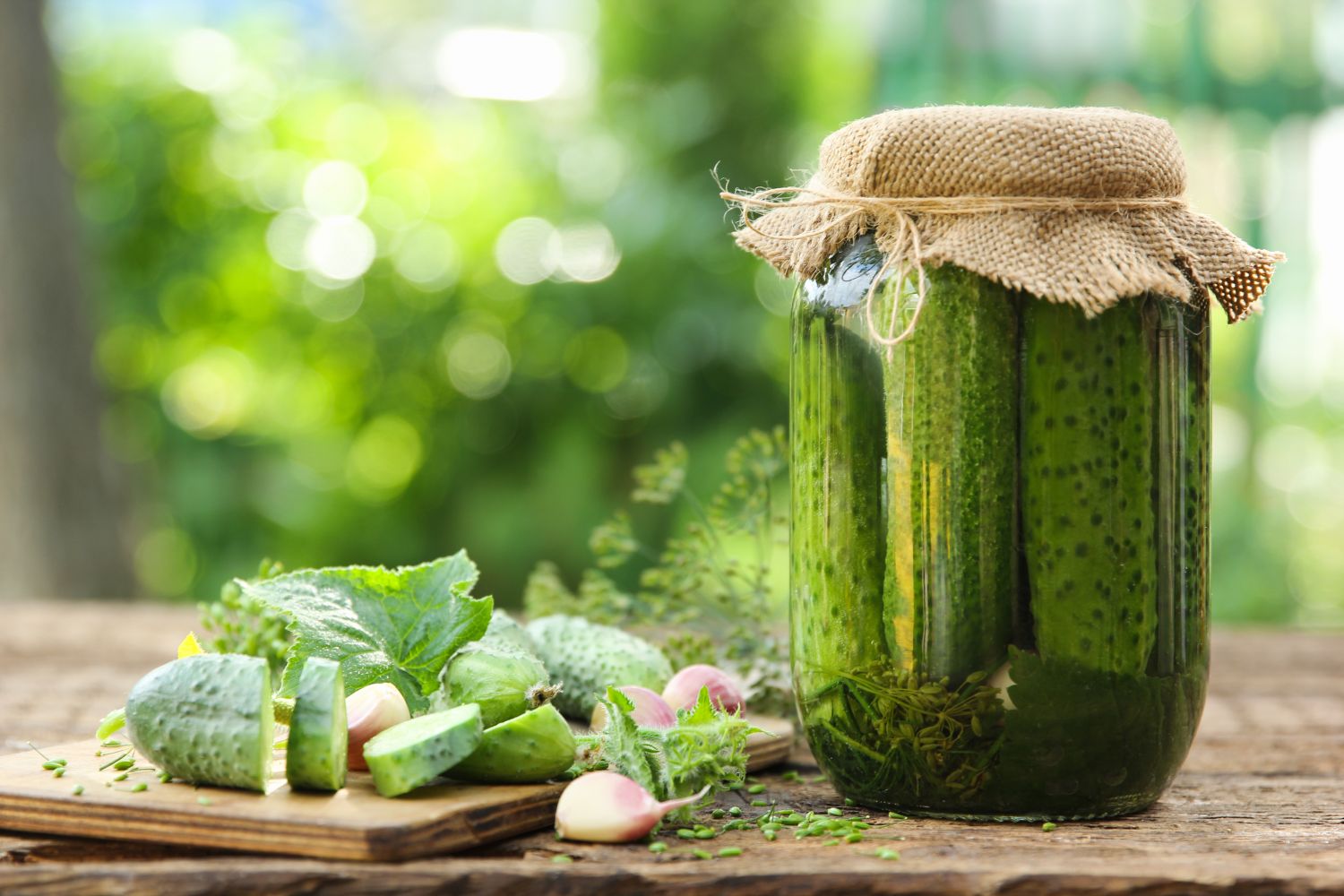
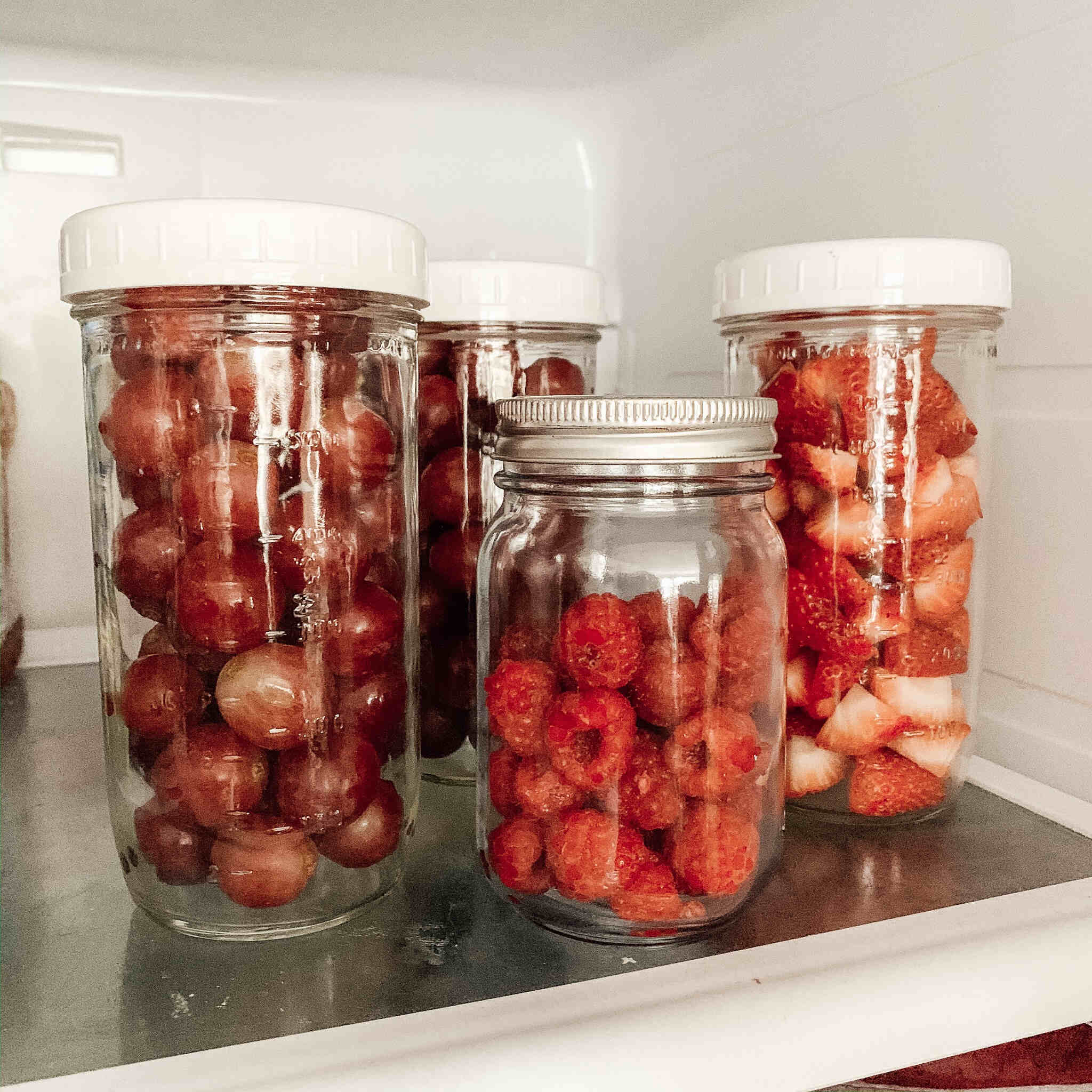
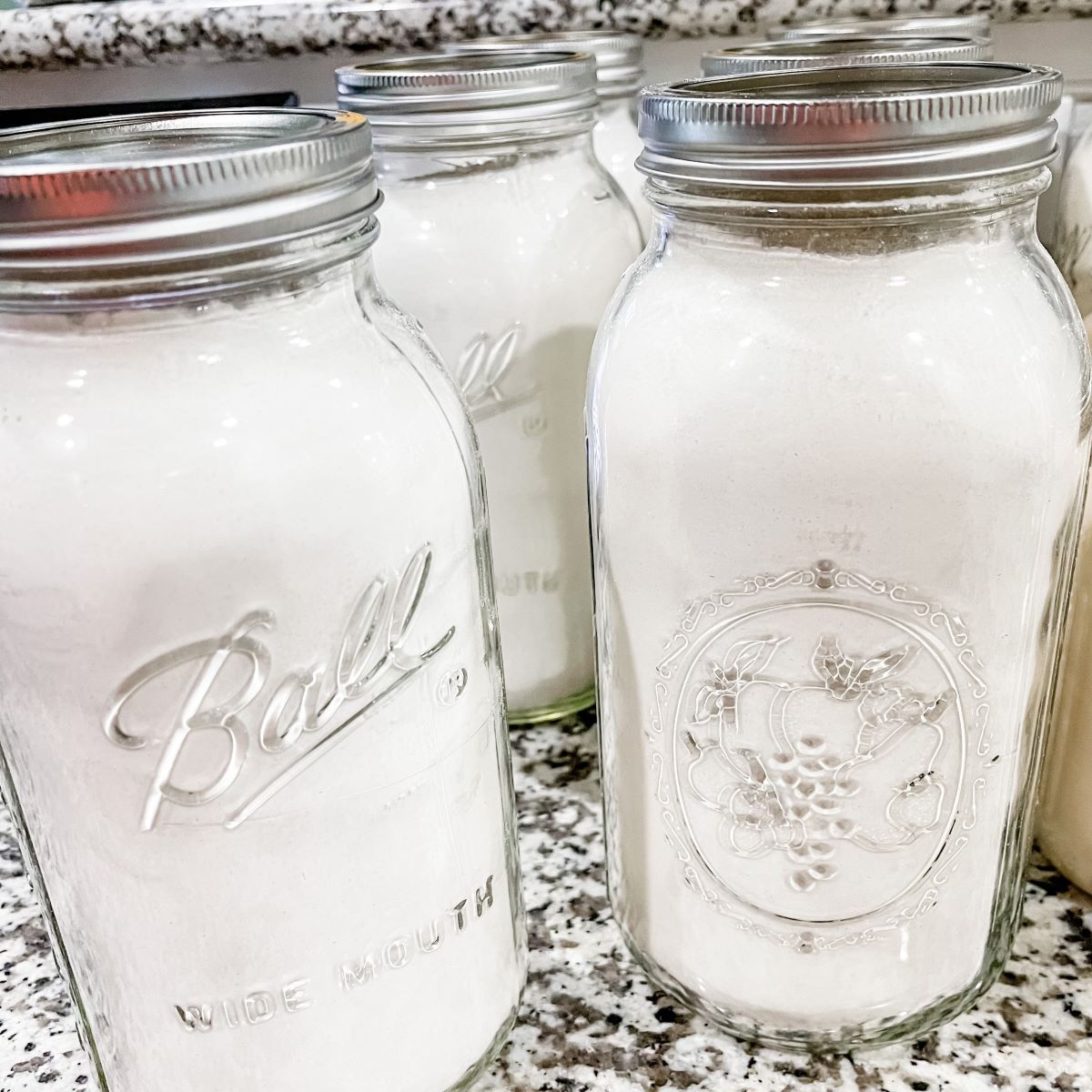
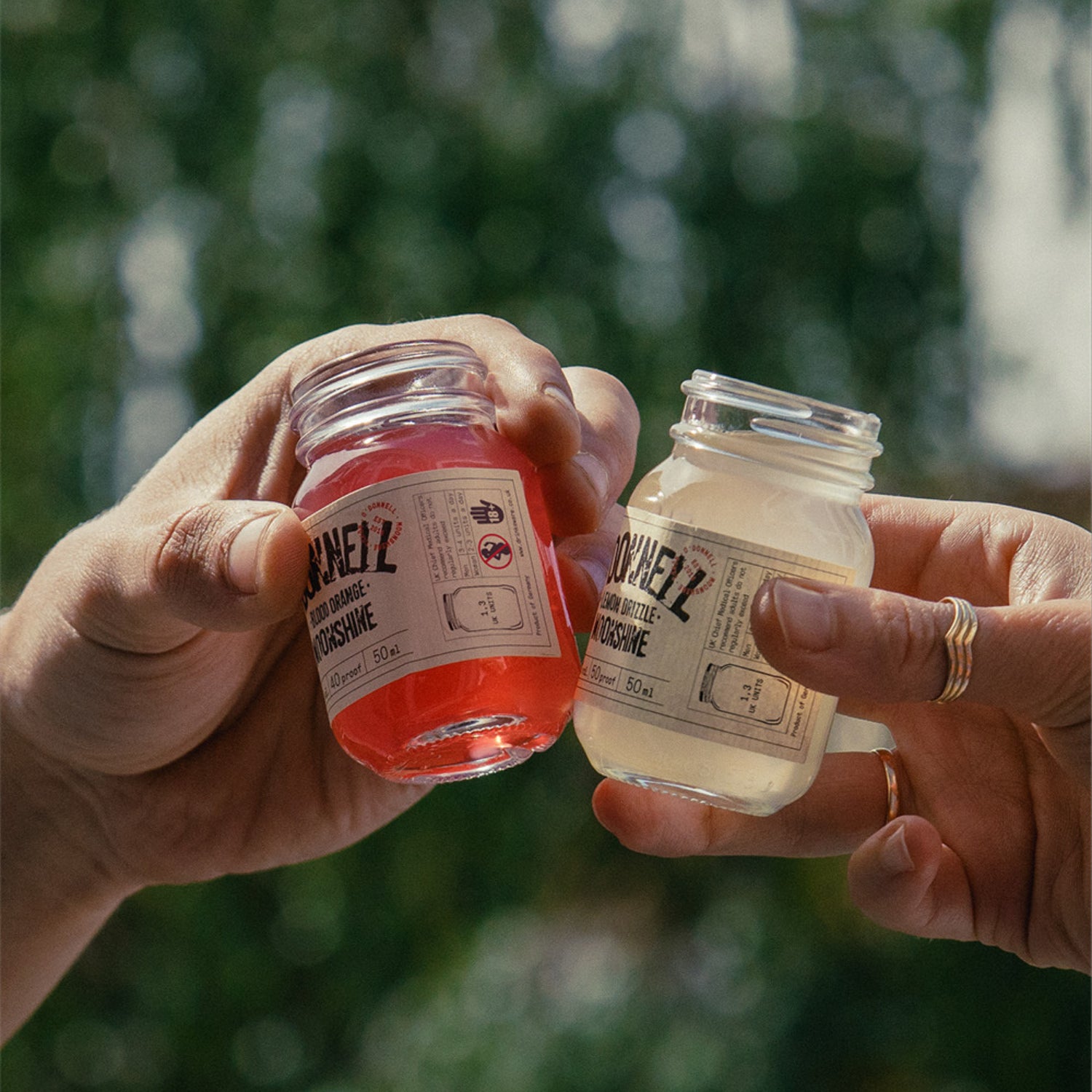
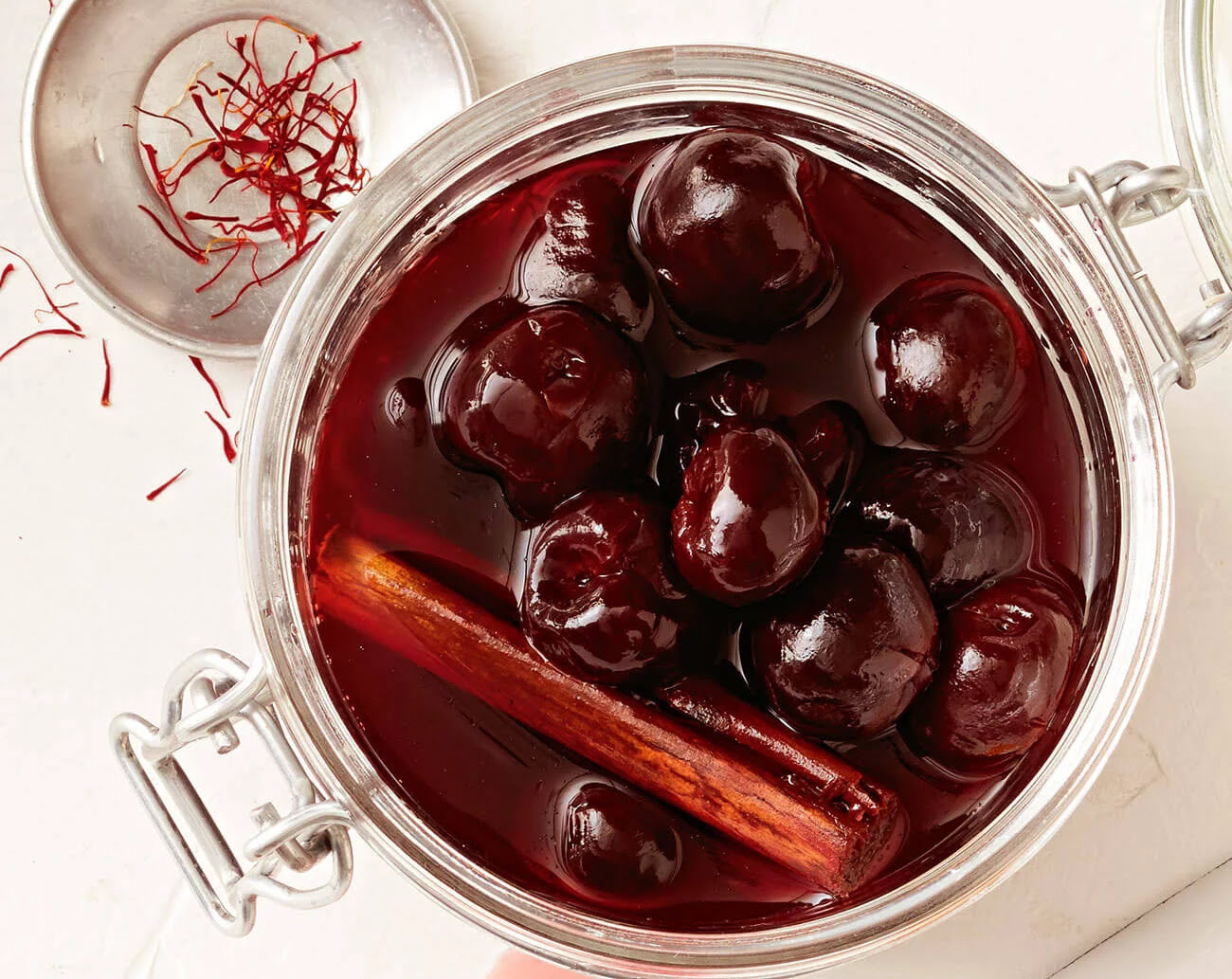
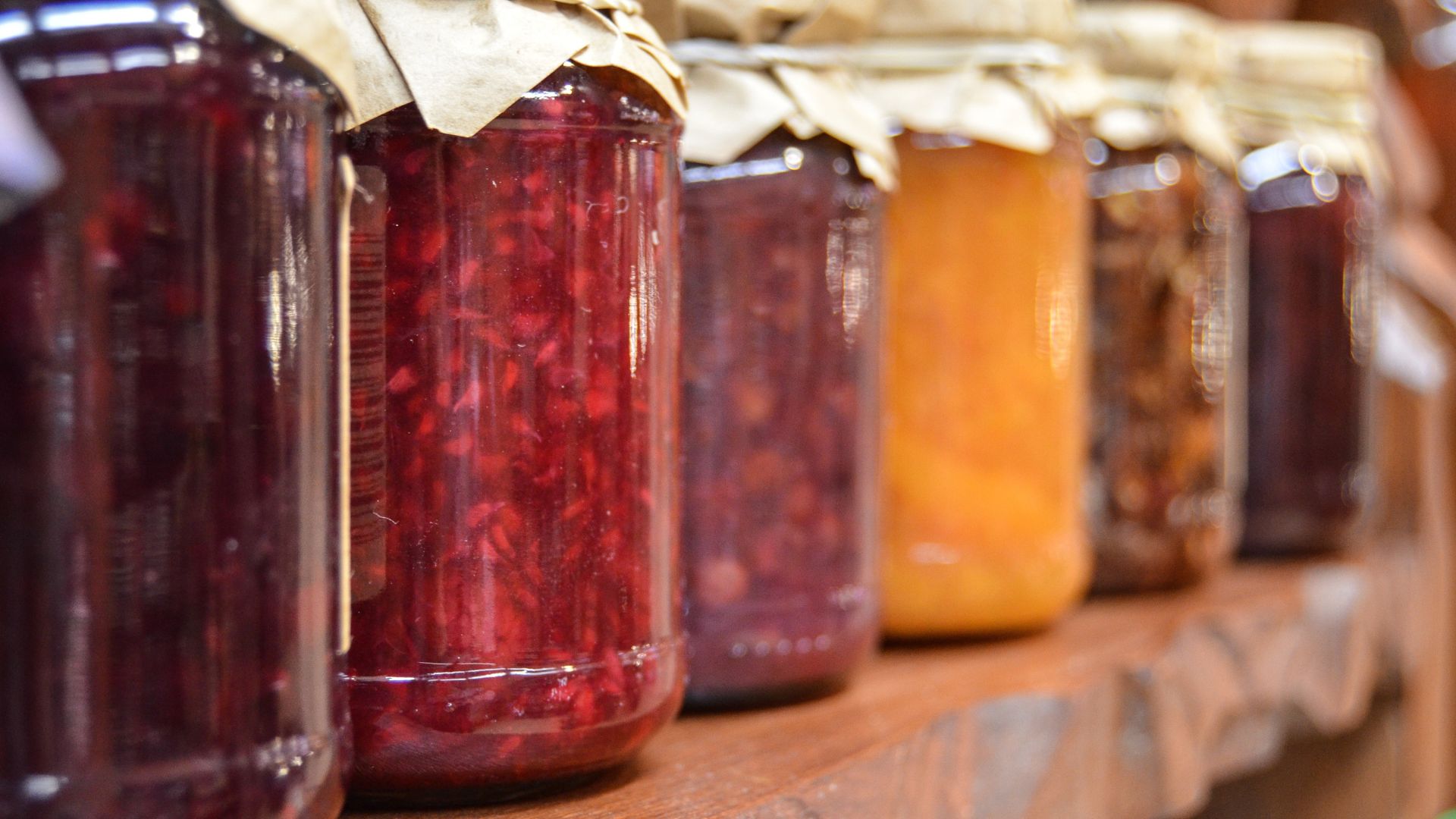
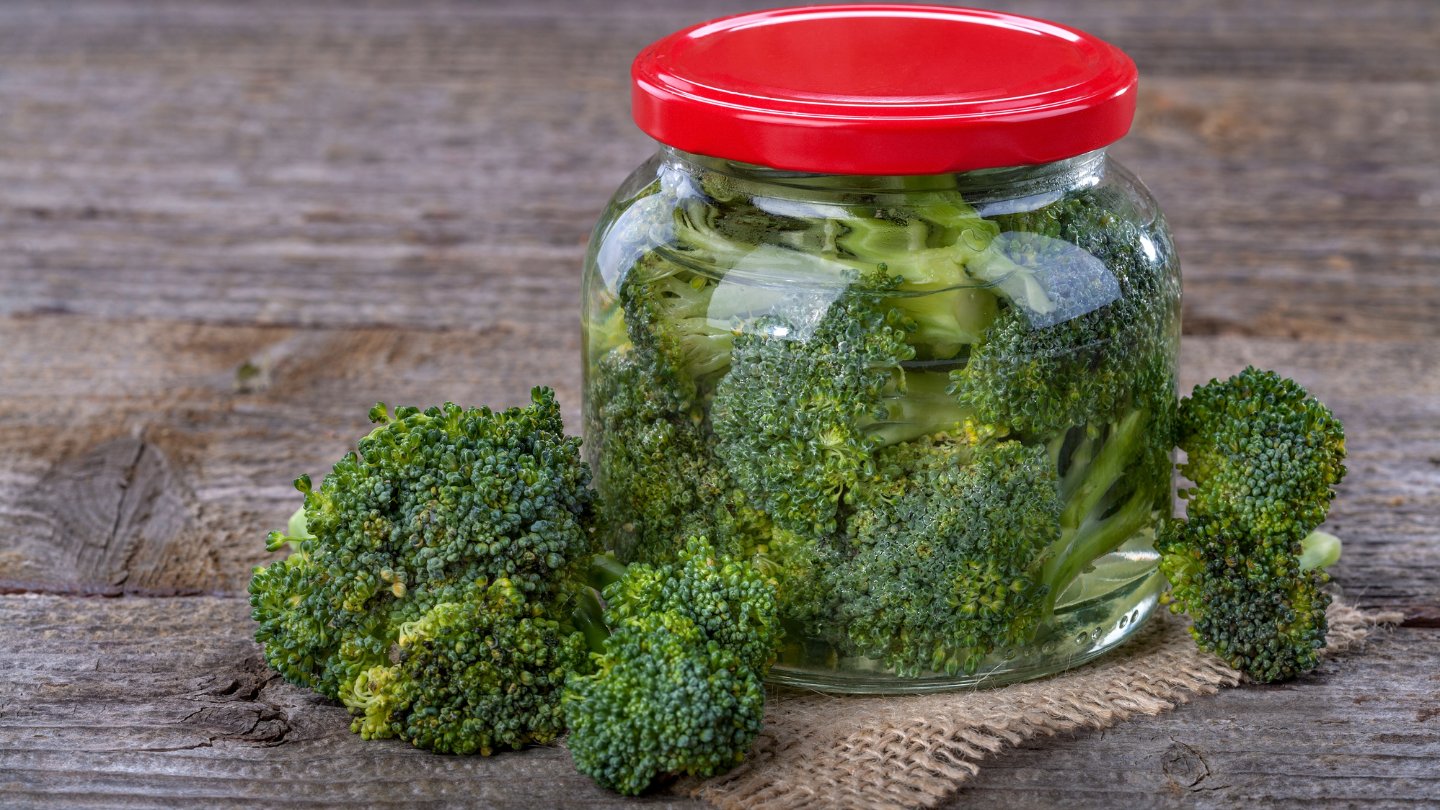
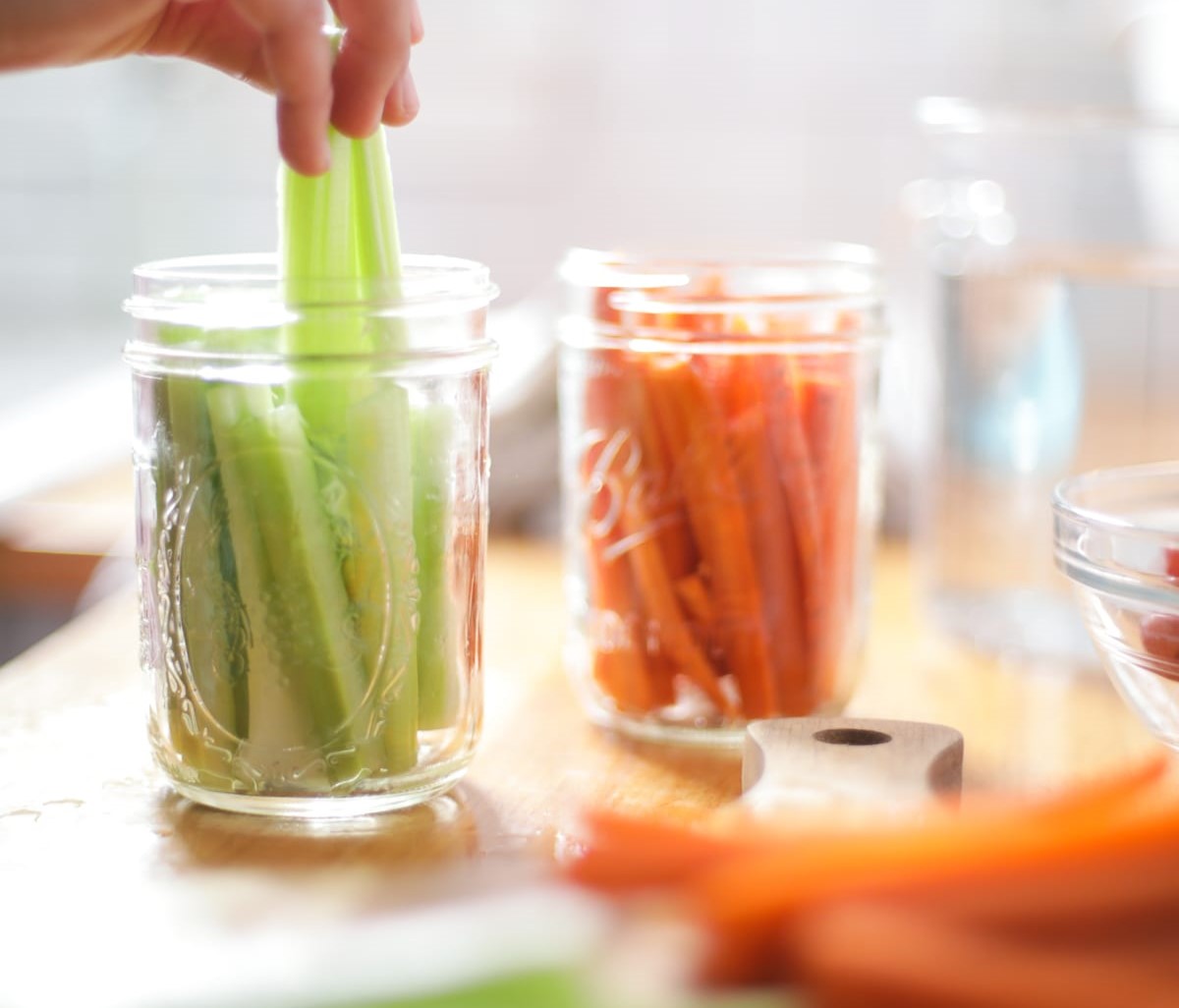
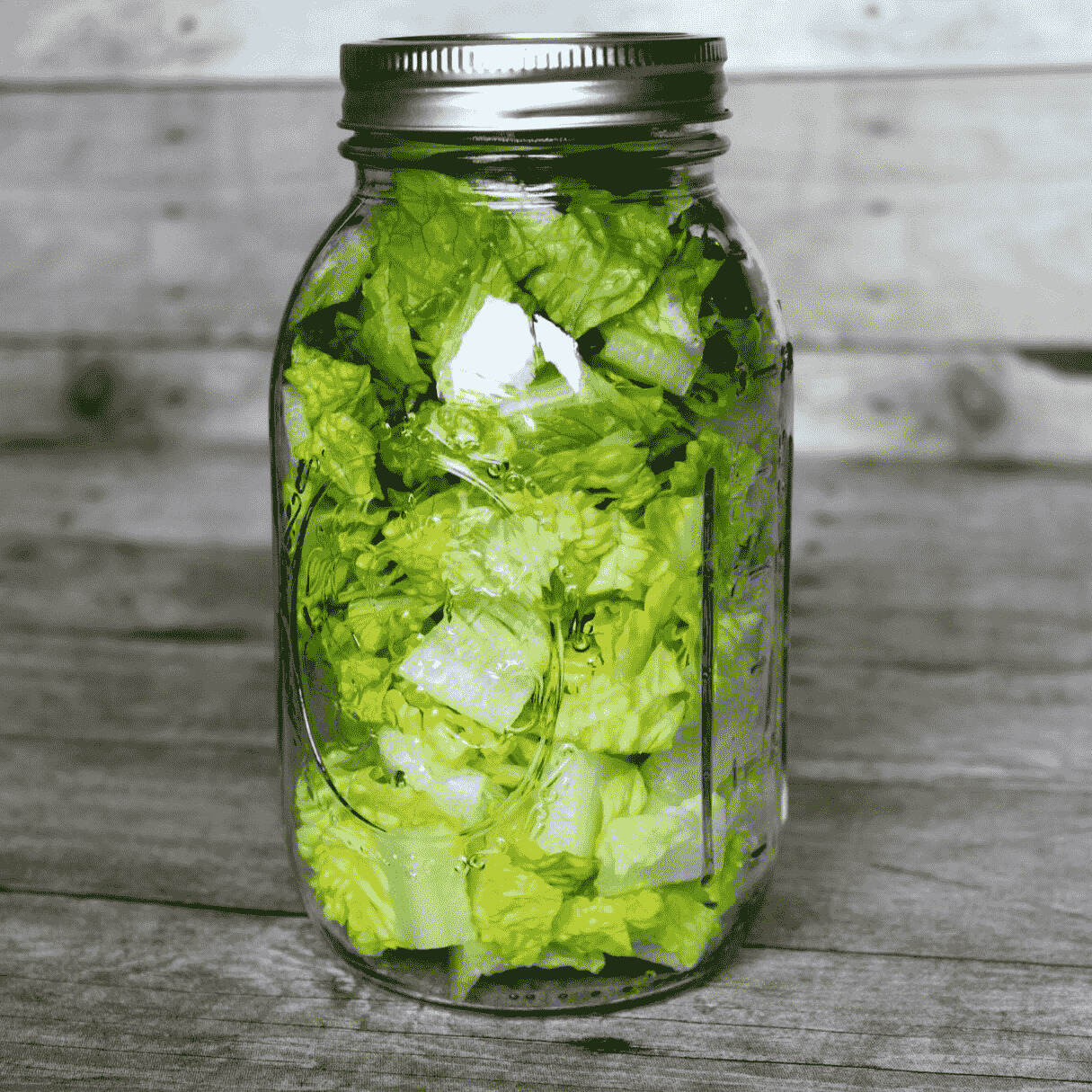
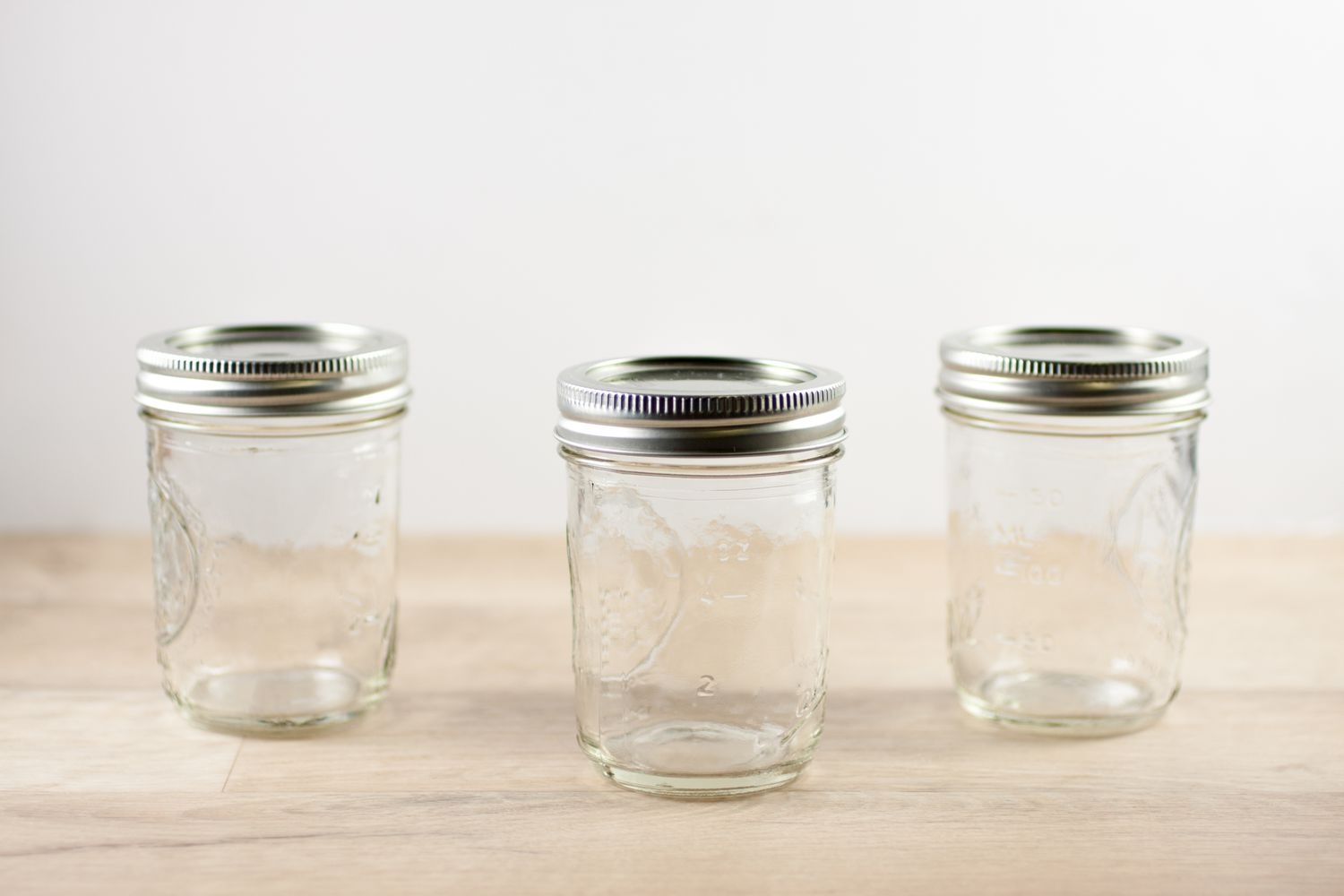
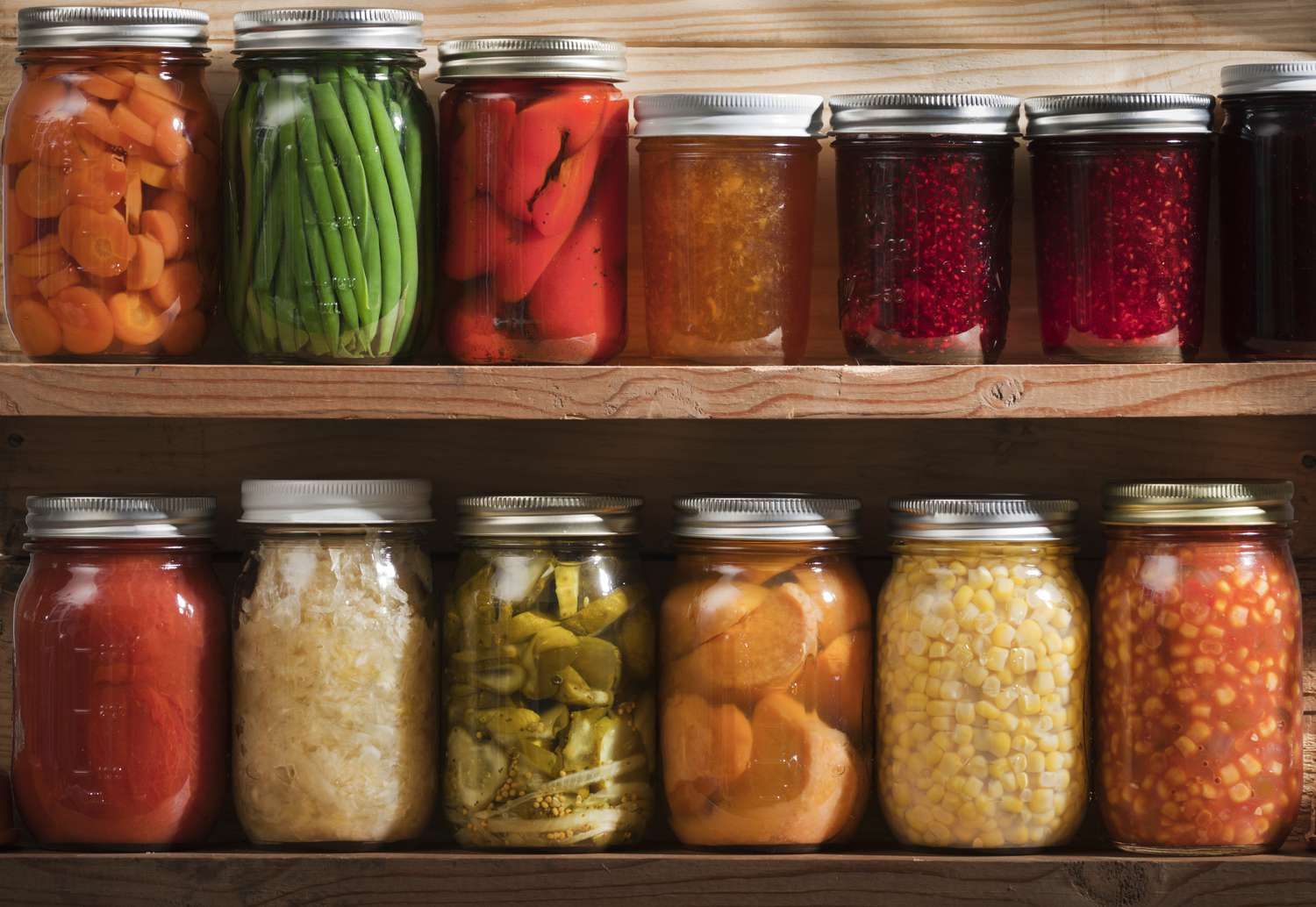
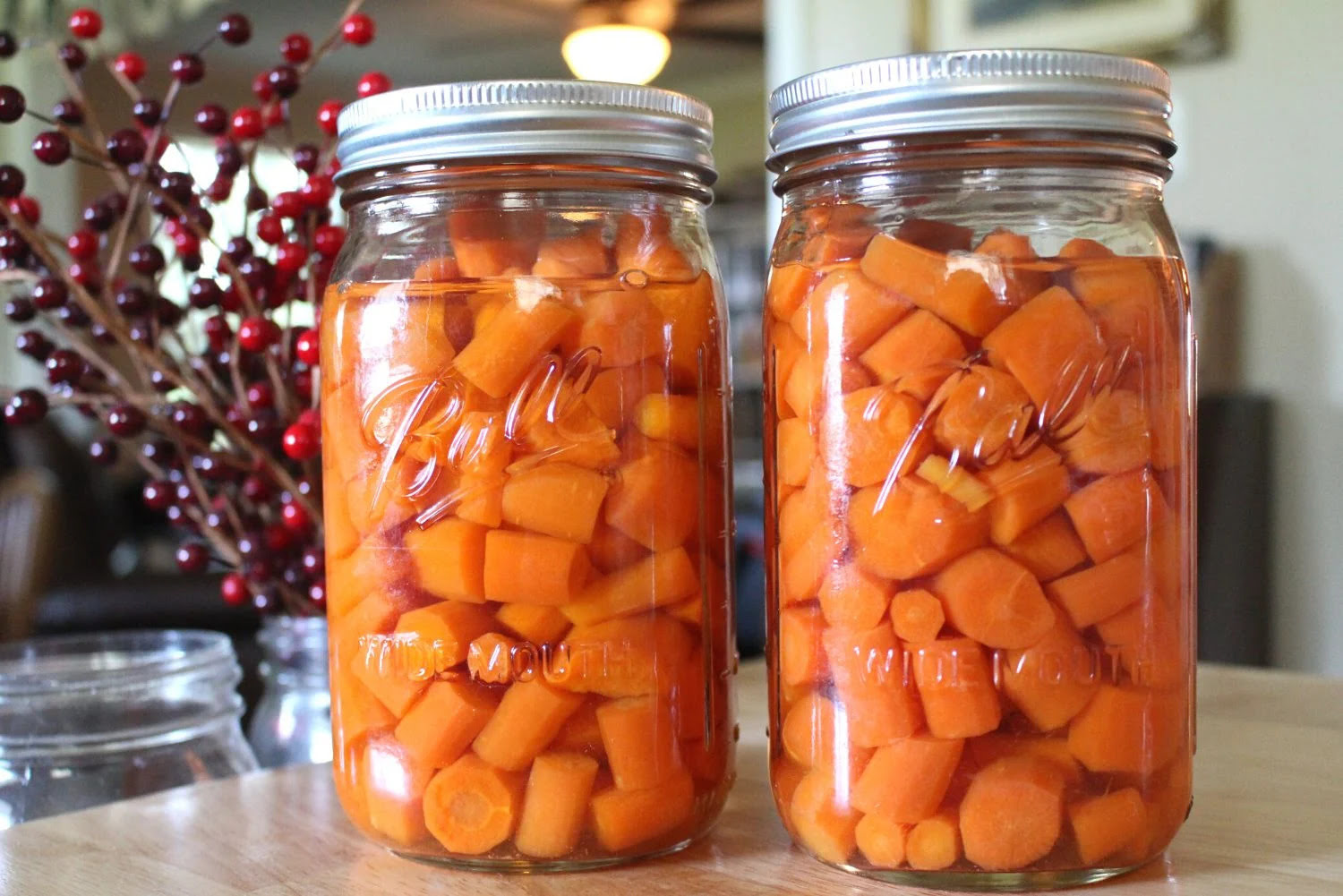
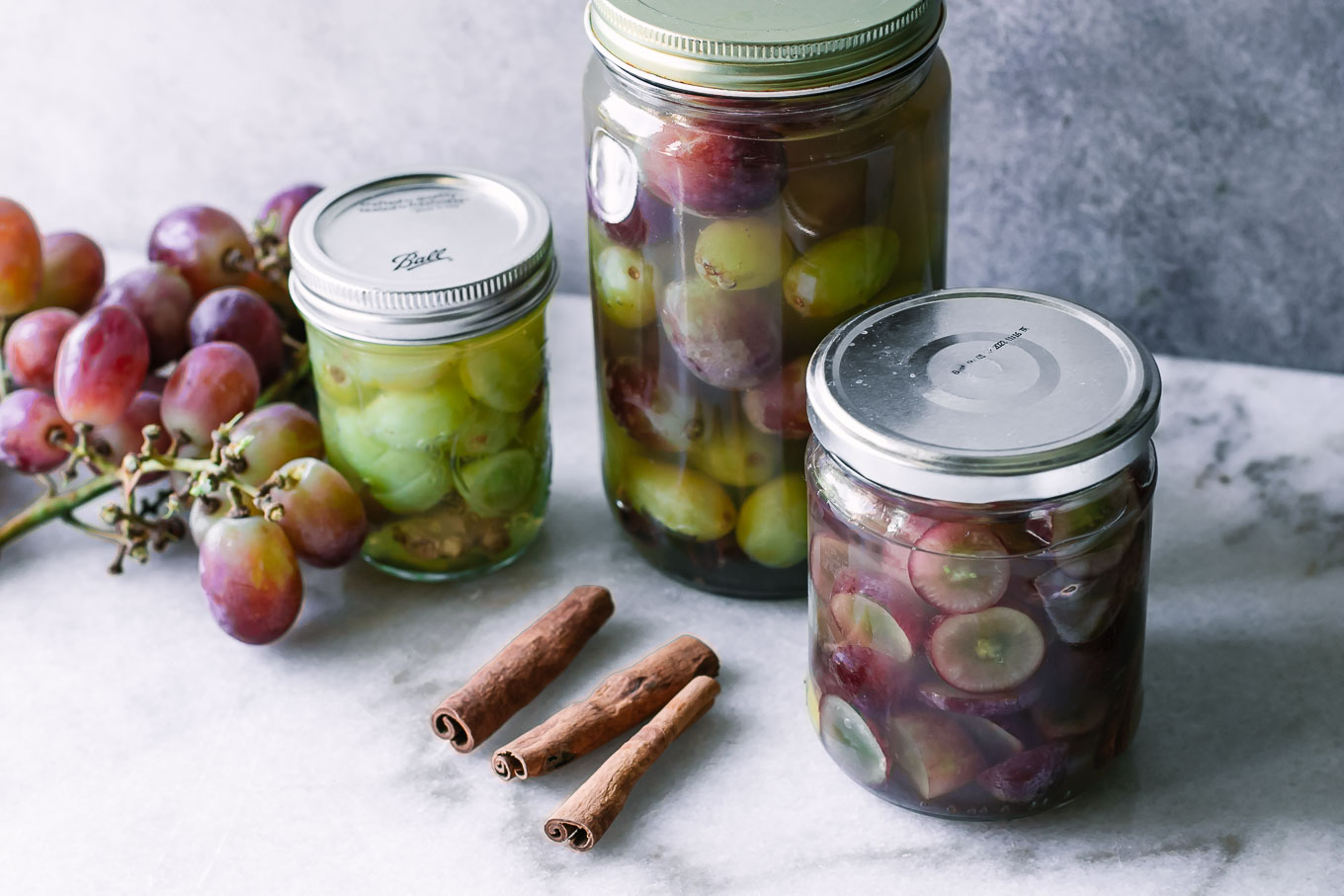
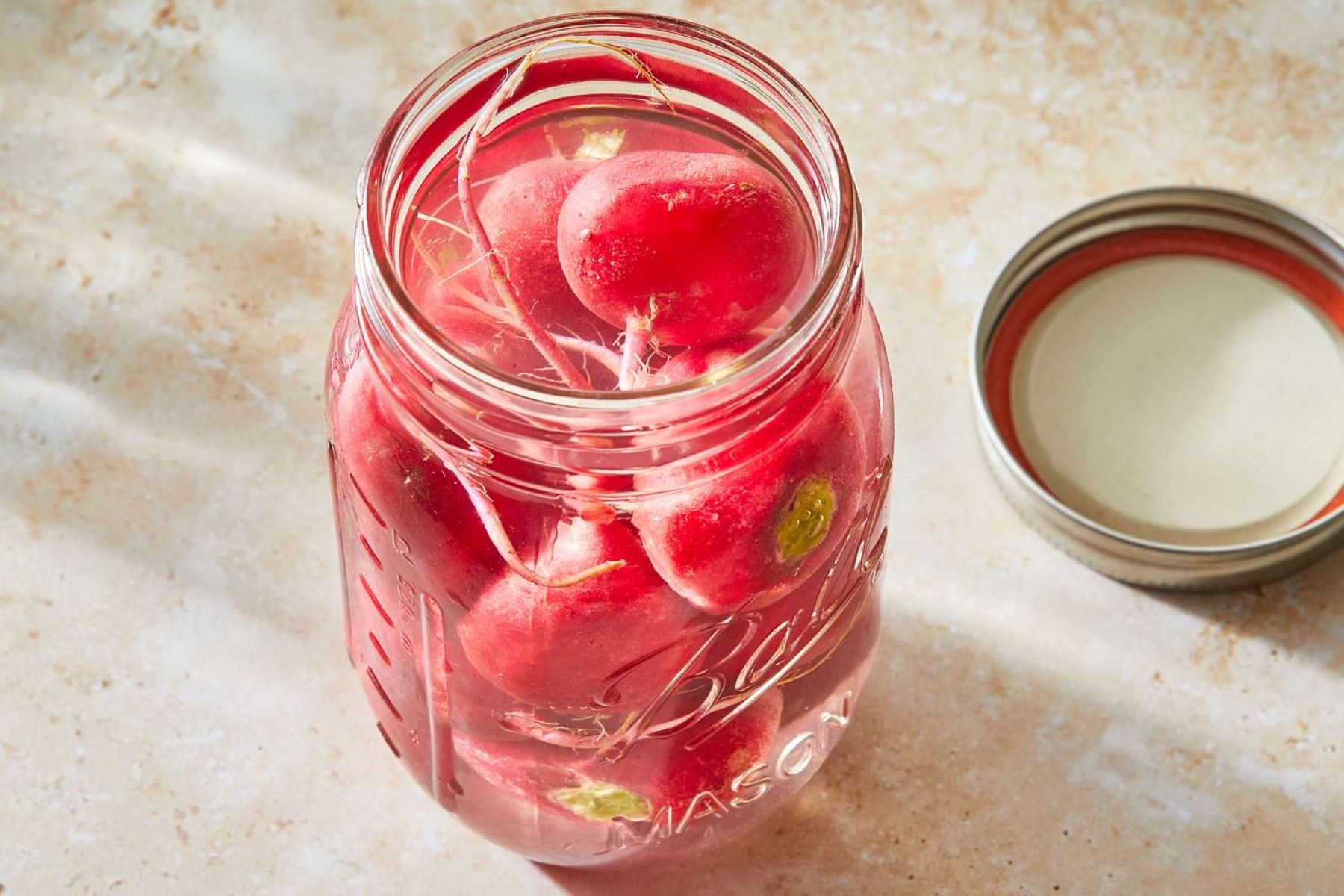

0 thoughts on “How To Store Mason Jar Lids”